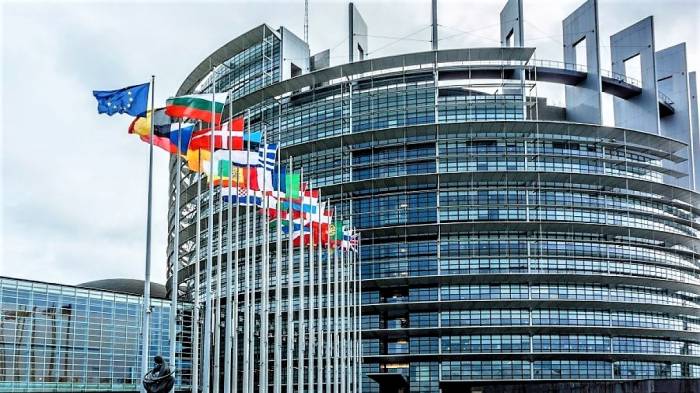European Parliament approves steep tariff hikes on Russian and Belarusian agricultural imports
New measures target fertilizers and key goods to curb EU dependence and limit funding for Russia’s war in Ukraine
2025-05-26

The European Parliament has approved a significant increase in tariffs on agricultural products from Russia and Belarus, following a proposal by the European Commission. The decision, made on June 13, 2024, saw 411 members of parliament voting in favor, 100 against, and 78 abstaining. The new measures will raise tariffs by 50% on certain Russian and Belarusian agricultural goods that were not previously subject to additional customs duties. Products affected include sugar, vinegar, flour, animal feed, and notably, fertilizers.
The regulation introduces a 6.5% tariff on fertilizers imported from both countries. In addition, there will be specific duties ranging from 40 to 45 euros per ton for the years 2025 and 2026. These tariffs are set to rise sharply to 430 euros per ton by 2028. The European Commission stated that revenues from Russian and Belarusian fertilizer exports are seen as directly contributing to Russia’s ongoing war effort in Ukraine.
Brussels officials emphasized that the new rules are designed to significantly reduce imports of these products into the European Union, whether they come directly or indirectly from Russia and Belarus. The aim is to encourage greater diversification in European fertilizer production, which has struggled to compete with low-priced imports from these countries.
Several agricultural organizations have voiced concerns about the impact of these measures on European farmers. Italy’s Confagricoltura was among the first to express alarm over potential negative effects on the sector. They argue that higher tariffs could lead to increased costs for farmers who rely on imported fertilizers and other agricultural inputs.
The regulation also tasks the European Commission with monitoring price increases and their effects on the internal market and European agriculture. If necessary, corrective actions may be taken to address any negative consequences. This monitoring is considered crucial as imports of nitrogen-based fertilizers and urea from Russia have risen sharply in 2024. According to the Commission, this trend highlights Europe’s economic dependence on Russian supplies—a situation that could threaten EU food security and expose the bloc to economic pressure or blackmail from Moscow.
The proposal for these new tariffs was first presented by the Commission on January 28, 2025. Inese Vaidere, the Parliament’s standing rapporteur on Russia, said that increasing customs duties on Russian and Belarusian products will help prevent Russia from using EU markets to finance its military operations. She noted that it is unacceptable for the EU to continue buying large quantities of strategic goods from Russia three years after the start of the full-scale war in Ukraine.
Vaidere also pointed out that the proposal is intended to boost fertilizer production within the EU, which has been undermined by cheap Russian imports. The gradual implementation of higher tariffs is expected to give European farmers time to adapt to changing market conditions.
A key element of the regulation is a monitoring mechanism that allows the Commission to track developments in the fertilizer market and intervene if there are sudden price spikes. The next steps involve formal adoption of the regulation by the Council and its publication in the Official Journal of the European Union before it comes into force. For affected agricultural products listed in Annex I of the proposal, the new rules will apply four weeks after the regulation takes effect.
Founded in 2007, Vinetur® is a registered trademark of VGSC S.L. with a long history in the wine industry.
VGSC, S.L. with VAT number B70255591 is a spanish company legally registered in the Commercial Register of the city of Santiago de Compostela, with registration number: Bulletin 181, Reference 356049 in Volume 13, Page 107, Section 6, Sheet 45028, Entry 2.
Email: [email protected]
Headquarters and offices located in Vilagarcia de Arousa, Spain.